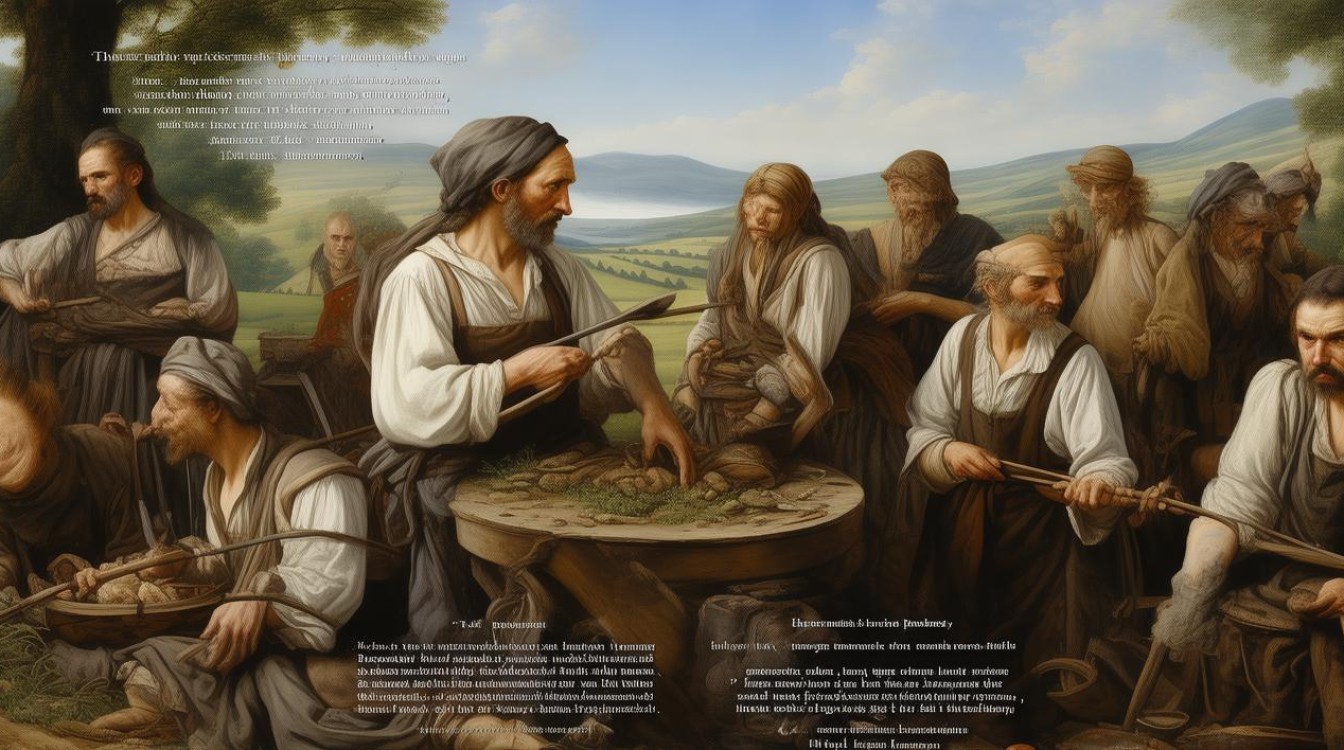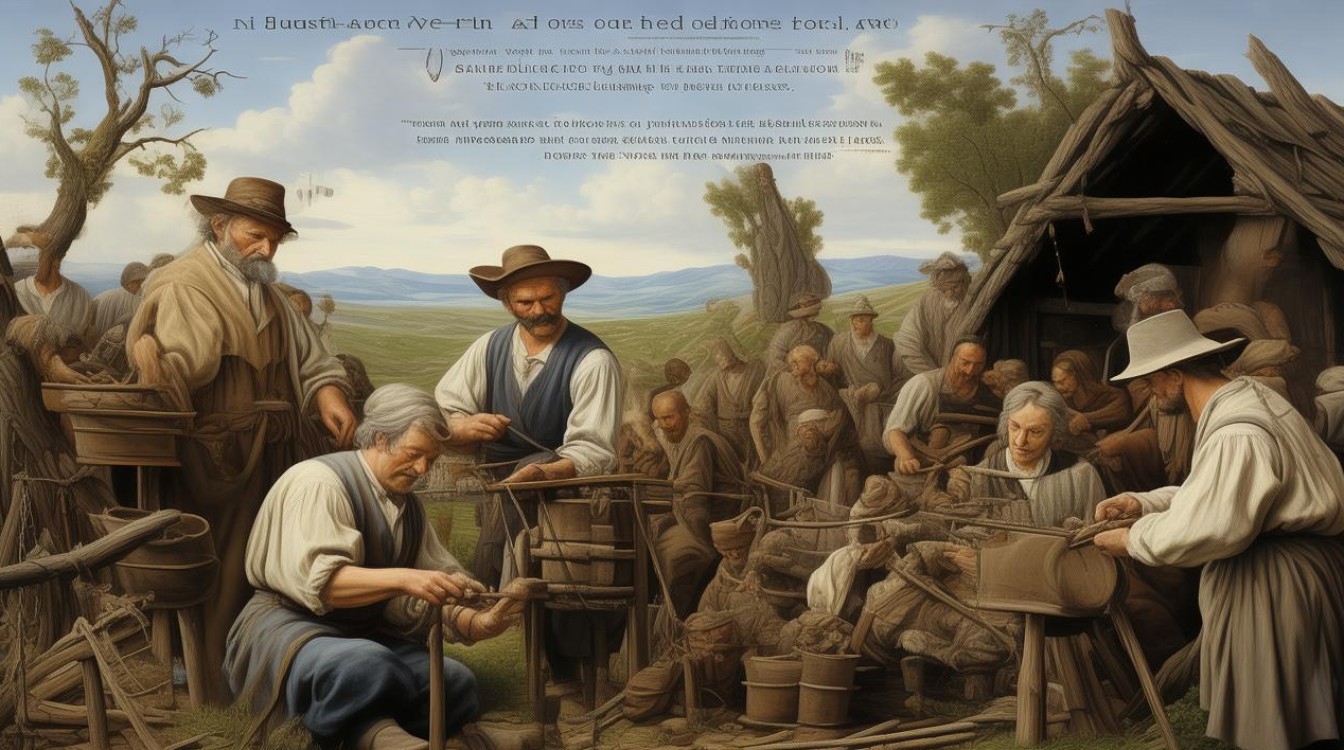Work is an integral part of human existence. From ancient civilizations to modern societies, people have engaged in various forms of labor to sustain themselves and contribute to collective progress. But why do people work? The motivations are complex, ranging from basic survival to personal fulfillment. Understanding these reasons helps us appreciate the role of work in shaping individuals and communities.

Economic Necessity: Meeting Basic Needs
The most fundamental reason people work is to secure resources for survival. Food, shelter, clothing, and healthcare require financial means, and employment provides the income to afford these essentials. Without work, sustaining a stable life becomes nearly impossible.
In modern economies, money serves as the primary medium of exchange. Jobs enable individuals to earn wages, ensuring they can support themselves and their families. Even in societies with strong welfare systems, most people still rely on employment to maintain their standard of living.
Personal Growth and Skill Development
Beyond financial stability, work fosters personal development. Engaging in professional activities allows individuals to refine their skills, gain knowledge, and improve expertise. Whether through formal education or hands-on experience, continuous learning is a natural outcome of labor.
Many careers demand problem-solving, creativity, and adaptability. Over time, workers enhance their abilities, making them more competent and confident. This growth often leads to career advancement, opening doors to new opportunities.
Social Connections and Community Building
Humans are inherently social beings, and workplaces serve as hubs for interaction. Colleagues form bonds, share ideas, and collaborate toward common goals. These relationships contribute to emotional well-being, reducing feelings of isolation.
Moreover, work connects individuals to broader networks. Businesses, industries, and organizations rely on collective effort, reinforcing interdependence. Through teamwork, people contribute to something larger than themselves, strengthening societal cohesion.

Sense of Purpose and Achievement
Meaningful work provides a sense of purpose. Whether crafting a product, delivering a service, or solving a problem, contributing to tangible outcomes fosters fulfillment. Many people derive satisfaction from knowing their efforts have a positive impact.
Achievements in the workplace—such as promotions, successful projects, or recognition—reinforce self-worth. This validation motivates individuals to strive for excellence, creating a cycle of productivity and personal satisfaction.
Identity and Self-Expression
For many, careers shape identity. Professions often influence how individuals perceive themselves and how others view them. A doctor, artist, engineer, or teacher may find their work deeply intertwined with their sense of self.
Creative fields, in particular, allow for self-expression. Writers, designers, and musicians channel their passions into their professions, making work an extension of their personality and values.
Societal Contribution and Legacy
Work extends beyond personal gain; it serves society. Farmers grow food, doctors heal the sick, engineers build infrastructure—each role plays a part in collective progress. Many people find motivation in knowing their labor benefits others.
Some aspire to leave a lasting legacy. Innovators, researchers, and leaders work not just for immediate rewards but to influence future generations. The desire to contribute to human advancement drives many to pursue ambitious careers.

Structure and Routine
Work provides structure to daily life. A consistent schedule helps individuals manage time, set goals, and maintain discipline. Without this framework, some may struggle with direction or productivity.
Routines established through employment promote mental well-being. Predictability reduces stress, while accomplishing tasks fosters a sense of control and accomplishment.
Financial Security and Future Planning
While immediate needs drive many to work, long-term security is equally important. Savings, investments, and retirement plans rely on steady income. Employment enables individuals to prepare for unforeseen challenges, such as medical emergencies or economic downturns.
Financial stability also allows for personal aspirations—travel, education, or starting a family. Work, therefore, is not just about survival but about building a future.
Cultural and Psychological Influences
Cultural norms shape attitudes toward work. In some societies, labor is tied to honor and duty, while others emphasize individual ambition. Family expectations, societal values, and personal beliefs all influence why people choose certain careers.
Psychologically, work satisfies the human need for competence and autonomy. The ability to influence outcomes and demonstrate expertise reinforces motivation.

The Balance Between Obligation and Passion
Not everyone works solely out of passion; necessity often plays a role. However, the ideal scenario is finding a career that aligns with both financial needs and personal interests. When work feels meaningful, it transcends obligation and becomes a source of joy.
The modern workforce increasingly values job satisfaction over mere survival. Flexible careers, remote opportunities, and entrepreneurial ventures reflect a shift toward prioritizing fulfillment alongside income.
Final Thoughts
People work for countless reasons—survival, growth, connection, purpose. While economic factors remain central, the intangible rewards of labor are equally significant. Work shapes identity, builds communities, and drives progress. Whether out of necessity or passion, the act of working is deeply woven into the human experience.
Recognizing these motivations helps us appreciate the value of labor, not just as a means to an end but as a fundamental aspect of life. The next time you consider why people work, remember: it’s more than a paycheck—it’s a reflection of human ambition, resilience, and the desire to contribute to the world.


